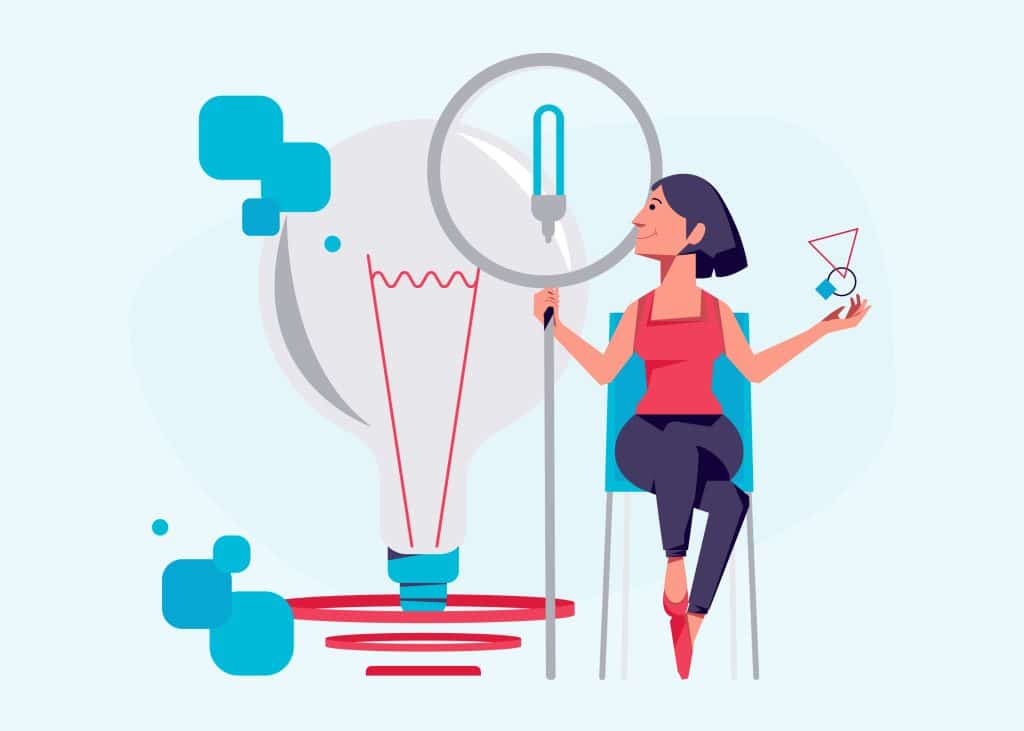In today’s hyper-connected world, where productivity and performance are often prioritized over well-being, the idea of taking time-off can feel counterintuitive. Yet, taking strategic breaks is emerging as one of the most effective ways to boost focus, sharpen decision-making, and drive long-term growth—both personally and professionally.
Contrary to what one might assume, the solution to increasing productivity isn’t pushing harder, working longer hours, or sacrificing personal time. In fact, taking time-off could be the growth strategy you’ve been missing. Here’s why breaks are vital for focus and success and how they can propel your growth journey.

The Science Behind Time-Off and Enhanced Focus
The science behind the impact of time-off is clear: mental fatigue is real, and the brain needs rest to perform optimally. Research from the American Psychological Association (APA) suggests that overworking can lead to cognitive overload, where your brain’s ability to process information and make effective decisions diminishes.
Studies have also shown that working long hours without adequate breaks can contribute to stress, burnout, and diminishing returns in output. It’s a vicious cycle: the more you work without rest, the less effective and creative you become. Taking regular breaks, on the other hand, helps reset cognitive function, enabling you to approach tasks with greater clarity and focus.
Time-Off as a Cognitive Recharge
When we talk about time-off, we aren’t just referring to annual vacation days. Regular, short breaks throughout the day are equally important. For example, stepping away from your desk every hour for five to ten minutes can improve your ability to focus and process information. By recharging your mental energy during short breaks, you prevent your brain from becoming overburdened, which is essential for maintaining optimal performance.
A study published by the University of California found that taking frequent breaks enhances cognitive function by reducing mental fatigue and increasing the capacity for problem-solving. Moreover, when employees step away from their tasks, their brains continue to work subconsciously, often leading to breakthrough ideas or innovative solutions when they return to their tasks.
How Time-Off Fuels Creativity and Problem-Solving
A key ingredient in driving growth, especially in business, is creativity. Problem-solving and innovation are vital components of sustained success, but these cognitive functions are often hindered by long hours of uninterrupted work.
Time-off is essential for fueling creativity because it gives your mind the chance to make connections it wouldn’t otherwise have made while you’re immersed in a task. Studies show that after taking a break, people are able to think more creatively, tackle problems from new angles, and generate novel ideas. In fact, some of the world’s most creative minds, from artists to tech innovators, swear by the importance of taking breaks as part of their creative process.
For instance, the famous “Eureka moment” that many innovators experience typically occurs when they step away from the problem they are working on. A 2017 study from the University of Illinois showed that people who take breaks after intense periods of concentration are more likely to come up with creative solutions.
When you’re working nonstop, your brain is fixated on the task at hand. It’s only by taking time-off—whether it’s a short break or an extended vacation—that your mind has the freedom to wander and make new connections.
Time-Off and Its Long-Term Impact on Growth
1. Sustaining Productivity Without Burnout
Sustained productivity is key to long-term growth. However, this can’t be achieved if you’re constantly working without allowing your mind and body the rest they need. Burnout is a growing issue in the workforce, and it is one of the major factors that prevent people from maintaining their focus over time.
It’s essential to understand that true growth—whether in a career, business, or personal life—requires sustained energy and creativity. Time-off acts as a buffer against burnout by providing your brain with the downtime needed to rest and recharge. In the long run, this leads to greater productivity during work hours.
The World Health Organization (WHO) has recognized burnout as an occupational phenomenon, underscoring its impact on both mental and physical health. Without proper breaks, employees are more likely to experience fatigue, which not only reduces efficiency but also leads to higher levels of stress and anxiety. Companies that encourage taking time-off see lower burnout rates, improved morale, and higher overall performance.
2. Increased Retention and Recruitment
Employees are more likely to stay with a company that values their well-being. Time-off policies that encourage breaks and vacations are a major factor in employee retention and attraction. Companies that offer vacation days and flexible work schedules, including mental health days, are seen as more employee-friendly, which can be a huge draw for top talent.
It’s no surprise that companies offering generous time-off policies tend to perform better in terms of employee satisfaction and retention. According to Forbes, businesses with comprehensive time-off policies are seen as more progressive and are likely to attract high-performing individuals looking for a healthy work-life balance.
When employees feel supported by their company in terms of mental well-being, they are more likely to remain loyal and committed to the business’s long-term goals.
3. Better Decision-Making and Strategic Thinking
For leaders and entrepreneurs, taking time-off can significantly improve decision-making abilities. When you’re caught in the weeds of day-to-day tasks, it can be difficult to see the big picture. Stepping back from the constant grind allows for clearer strategic thinking.
Incorporating regular breaks into your schedule allows for reflection, which is essential for high-quality decision-making. Research shows that taking time-off to reflect on your business or career direction leads to more thoughtful, deliberate decisions, which ultimately benefit long-term growth.
Practical Ways to Incorporate Time-Off into Your Growth Strategy
1. Implement Micro-Breaks
Micro-breaks—short, frequent breaks throughout the workday—are effective for maintaining focus. Aim for a five to ten-minute break every hour. This could include stretching, walking, or simply stepping away from your work to clear your mind. Micro-breaks prevent fatigue from setting in and keep your focus levels high.
2. Schedule Vacation Time
Don’t wait until you’re burned out to take time-off. Plan your vacations ahead of time, ensuring that you disconnect completely from work. Whether it’s a weekend getaway or an extended trip, the goal is to rest, recharge, and return to work with renewed energy.
3. Encourage a Time-Off Culture in the Workplace
As a leader, you can promote the value of time-off by encouraging your employees to take breaks and vacations. Provide them with the flexibility to schedule their time-off and offer mental health days when necessary. By fostering a culture that values rest, you ensure that your team is performing at its best.
4. Focus on High-Quality Downtime
Time-off should be purposeful. Engage in activities that help you truly unwind—whether it’s spending time with loved ones, picking up a hobby, or simply enjoying quiet moments. These activities help relieve stress and reset your mental state, allowing you to return to work with a fresh perspective.
Conclusion: Embracing Time-Off for Sustainable Growth
Taking time-off isn’t just about relaxation; it’s a strategic decision that drives focus, creativity, and long-term growth. By allowing yourself, and your team, to take regular breaks, you not only prevent burnout but also enhance productivity and decision-making. A well-rested mind is more focused, more innovative, and more capable of driving growth.
In the competitive landscape of business and career development, prioritizing time-off is one of the smartest growth strategies you can implement. It’s an investment in both your mental well-being and your future success.
References
- American Psychological Association (APA). (2020). The importance of taking breaks at work. Available at: https://www.apa.org (Accessed: 6 August 2025).
- University of California. (2019). How rest and breaks fuel creativity and problem-solving. Available at: https://news.uc.edu (Accessed: 6 August 2025).
- Forbes. (2021). Why prioritizing employee time-off is essential for growth. Available at: https://www.forbes.com (Accessed: 6 August 2025).









